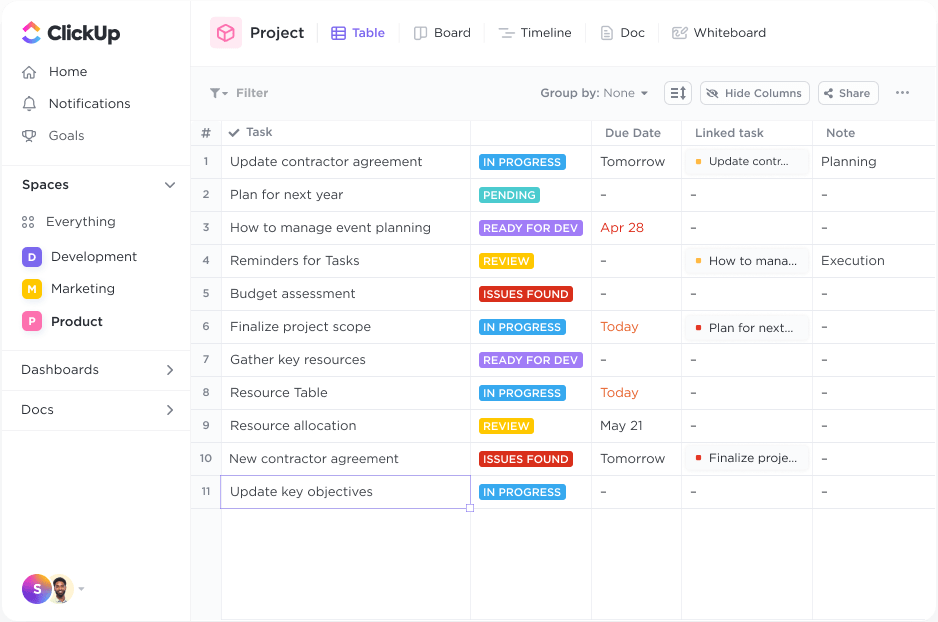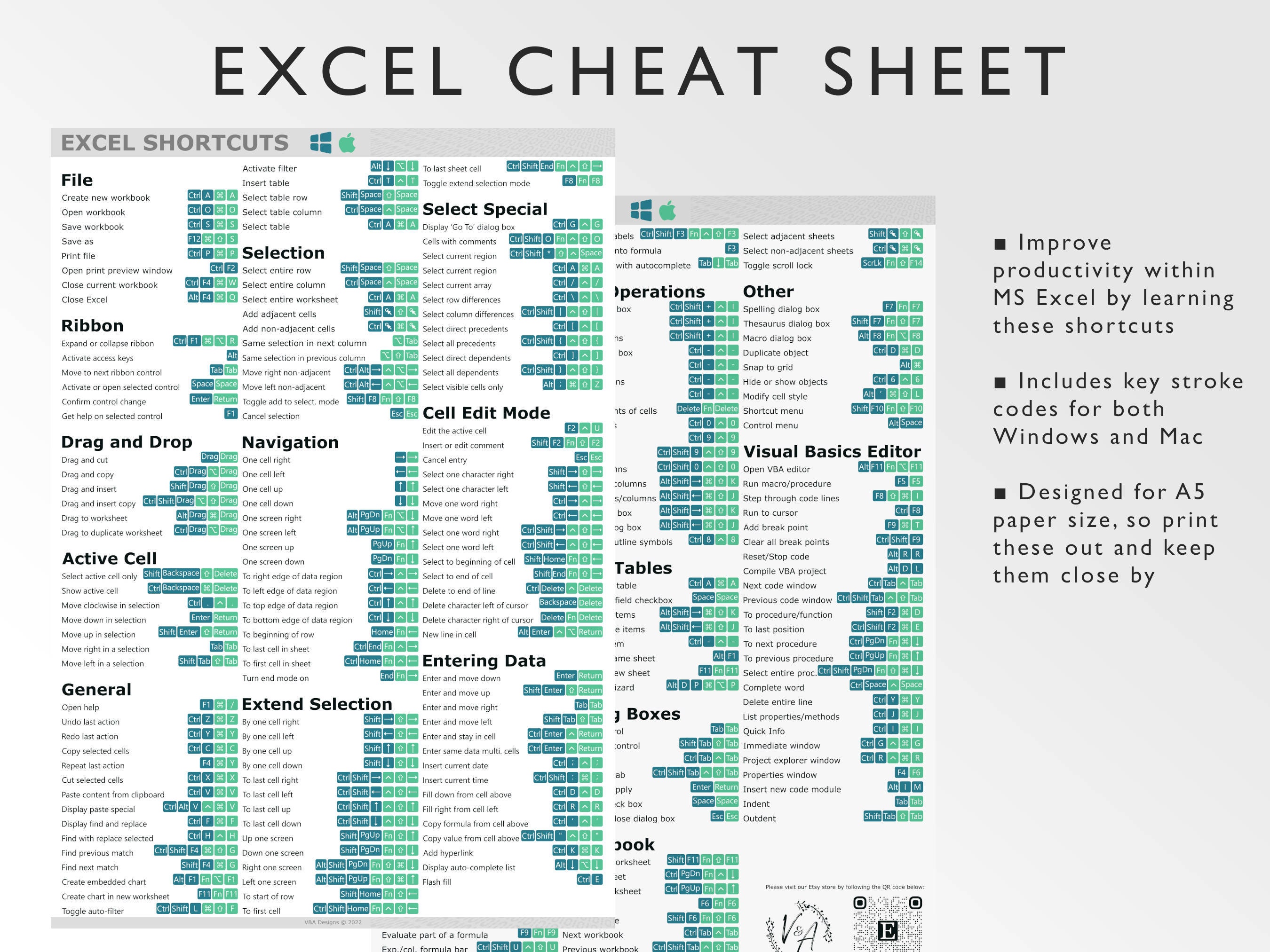5 Tips for Collecting Excel Data from Multiple Sheets

If you're looking to streamline your data management in Excel, knowing how to gather information from multiple sheets is a vital skill. Here are five tips to help you collect Excel data from various sheets effortlessly:
1. Utilize Consolidate Feature

- The Consolidate feature in Excel allows you to summarize and combine data from multiple sheets into one master sheet. Follow these steps:
- Select the cell in the sheet where you want the consolidated data to appear.
- Go to the "Data" tab, choose "Consolidate."
- Select your function (Sum, Average, etc.) and set your references to include data from multiple sheets.
- Use the "Link to source data" option if you want to update changes dynamically from the source sheets.
2. Use Excel's VLOOKUP or INDEX-MATCH Functions

When you need to retrieve data from different sheets based on a common identifier, VLOOKUP or INDEX-MATCH functions are invaluable:
- VLOOKUP can search for a value in the first column of a table, then return a value from the same row in another column.
- Formula:
=VLOOKUP(lookup_value, table_array, col_index_num, [range_lookup]) - Example:
=VLOOKUP(A2, Sheet2!A1:B10, 2, FALSE) - INDEX-MATCH is more flexible, allowing you to look up values based on multiple criteria.
- Formula:
=INDEX(array, MATCH(lookup_value, lookup_array, [match_type])) - Example:
=INDEX(Sheet2!B:B, MATCH(A2, Sheet2!A:A, 0))
🔍 Note: The FALSE or 0 in VLOOKUP and MATCH formulas ensures an exact match, reducing the chance of incorrect data retrieval.
3. Employ Power Query

Power Query, also known as Get & Transform in newer versions of Excel, is a robust tool for data manipulation:
- Access Power Query via "Data" tab -> "Get Data" -> "From Other Sources" -> "From Microsoft Query."
- Import data from different sheets by connecting to the workbook or using external data sources.
- Merge data using Power Query's "Append Queries" feature to stack data vertically from multiple sheets.
- You can also transform and clean your data before loading it back into Excel.
4. Use Named Ranges and 3D References

Working with named ranges and 3D references can simplify your formula writing:
- Define a named range for each sheet. For example, naming the range 'Sheet1!A1:A10' as 'Sales_Jan' and 'Sheet2!A1:A10' as 'Sales_Feb'.
- To refer to these ranges across multiple sheets, use 3D references like
='Jan:Dec'!Sales. - This technique is excellent for summarizing data across sheets without writing lengthy formulas.
| Month | Sum |
|---|---|
| Jan-Dec | =SUM('Jan:Dec'!A1:A10) |

5. Employ Macros for Advanced Data Collection

For repetitive tasks, writing a VBA macro can automate the process of collecting data from multiple sheets:
- Open the VBA editor with Alt + F11, or through "Developer" -> "Visual Basic."
- Create a new module and write a VBA script to loop through sheets, gather data, and place it into a summary sheet.
- Here's a basic example:
Sub GatherData()
Dim ws As Worksheet, summarySheet As Worksheet
Set summarySheet = ThisWorkbook.Sheets("Summary")
Dim nextRow As Long, row As Long
nextRow = 1
For Each ws In ThisWorkbook.Worksheets
If ws.Name <> summarySheet.Name Then
For row = 2 To ws.Rows.Count ' Assuming data starts from row 2
If Not IsEmpty(ws.Cells(row, 1).Value) Then
summarySheet.Cells(nextRow, 1).Value = ws.Name
summarySheet.Cells(nextRow, 2).Value = ws.Cells(row, 1).Value
nextRow = nextRow + 1
Else
Exit For
End If
Next row
End If
Next ws
End Sub
By employing these techniques, you can significantly improve your ability to manage and analyze large datasets across multiple sheets. Excel's flexibility in data manipulation makes it a powerful tool for various industries, from finance to marketing, allowing for efficient data collection, analysis, and reporting.
To wrap up, these methods, from utilizing the Consolidate feature to employing VBA macros, offer a spectrum of options for handling data from multiple sheets. Each method has its own set of advantages, depending on the complexity of the data and the frequency of updates. Mastery of these techniques will enhance your proficiency in Excel and streamline your work processes.
What if my Excel workbook has sheets with different structures?

+
When dealing with sheets of varying structures, you might need to use Power Query to align data fields or use macros to conditionally gather and format the data. Alternatively, you can manually adjust the sheets to match a common structure before consolidation.
Can I automate data collection with Excel?

+
Yes, through VBA scripts, you can automate the collection of data from multiple sheets, creating reports or summaries automatically. This can save a lot of time if you deal with regularly updated sheets.
Is there a way to dynamically update data across sheets?

+
Excel provides functions like VLOOKUP, INDEX-MATCH, or Power Query’s ability to link to source data dynamically. This means that when data in the source sheets changes, the consolidated data updates automatically.
How does Power Query handle data from external sources?

+
Power Query can connect to numerous external data sources like databases, web pages, or other files, and transform and load data into Excel for further manipulation.
Can Excel handle big data?

+
Excel has limitations on the number of rows and columns it can manage, but with newer versions like Excel for Microsoft 365, it can now work with significantly larger datasets using Power Query and Power Pivot for data modeling and analysis.



